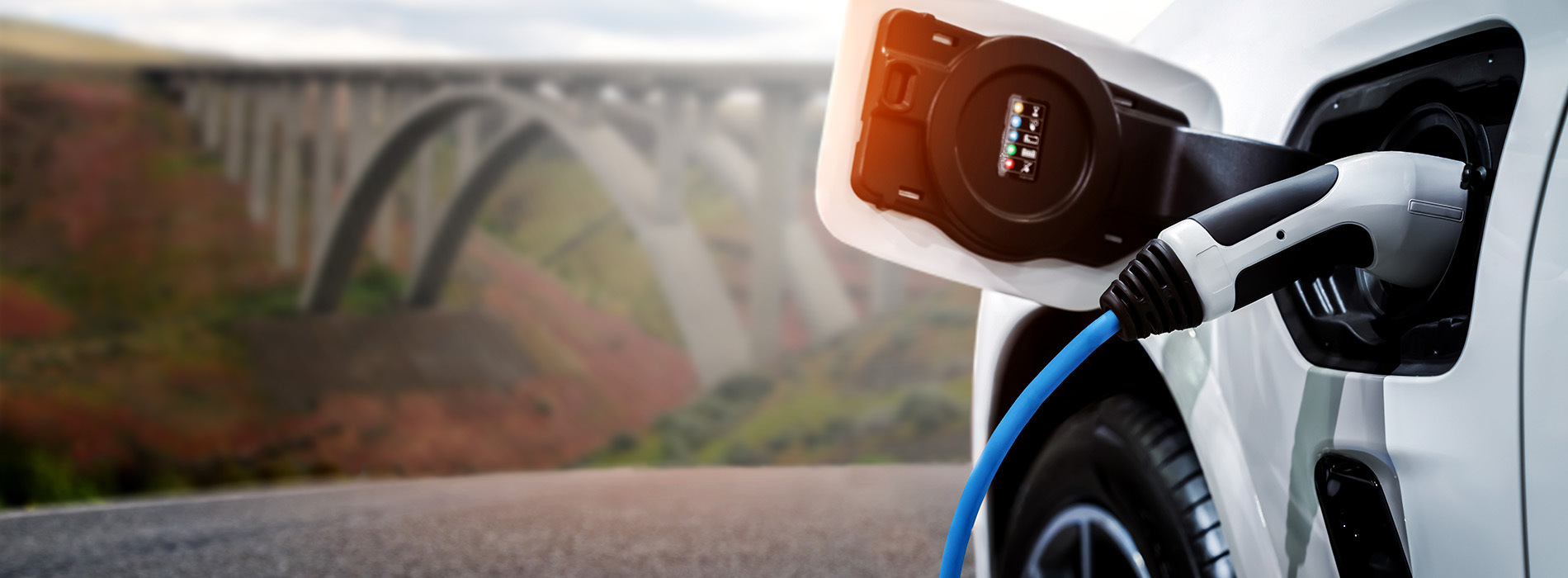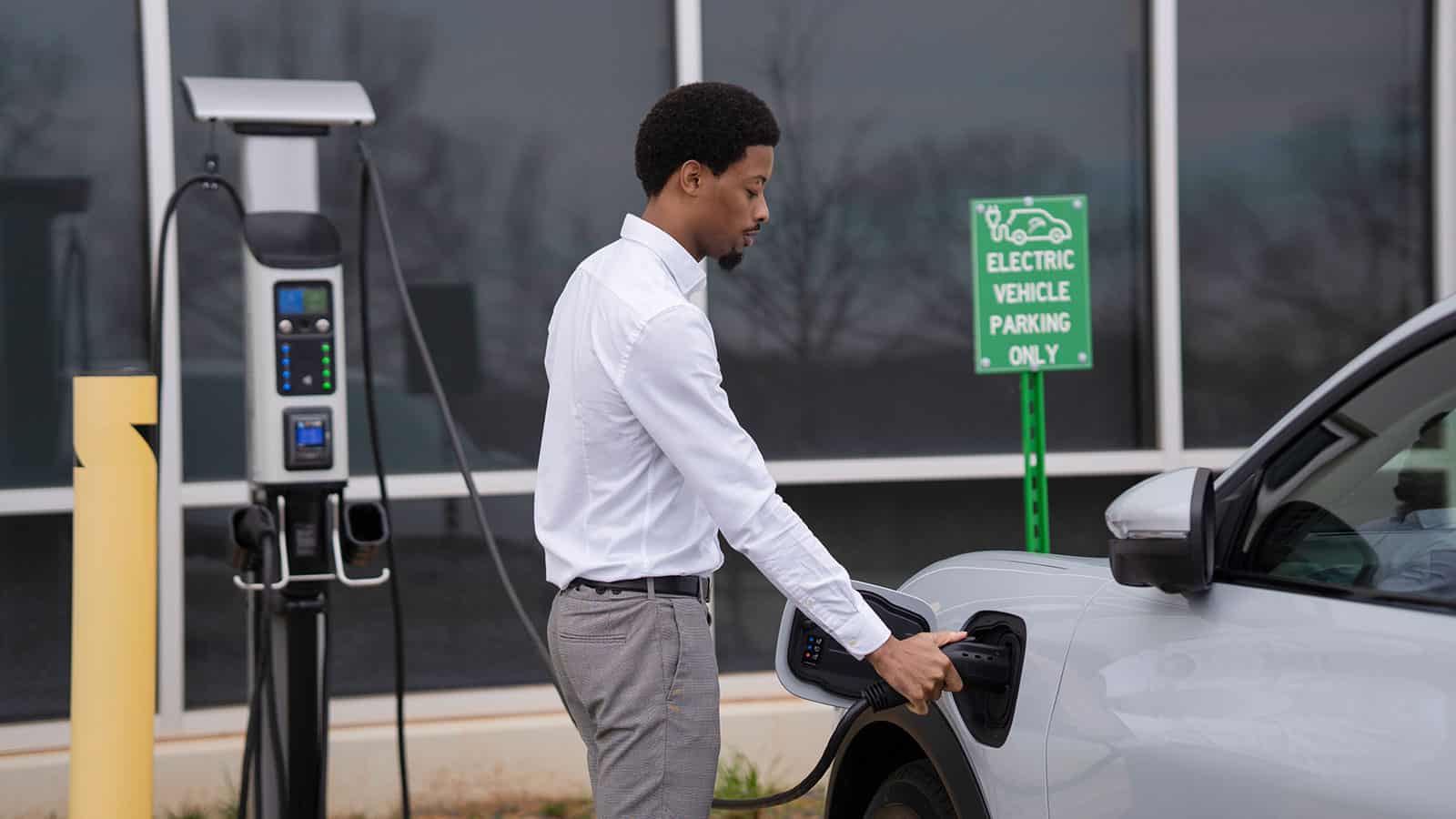Key Innovations in the EV Sector You’ll Find in Today’s Buy EV Charging news
Key Innovations in the EV Sector You’ll Find in Today’s Buy EV Charging news
Blog Article
New Advancement in EV Charging: Just How the Sector Is Progressing to Meet Need
As the electrical vehicle (EV) market proceeds to expand, the billing infrastructure is undertaking considerable changes to deal with the rising demand. Key advancements in ultra-fast billing modern technologies, paired with smart grid assimilation, are reshaping the landscape. Additionally, technologies in battery technology pledge improved effectiveness and sustainability. The pursuit of worldwide charging standards continues to be an important element in making it possible for seamless customer experiences and widespread fostering. The ramifications of these improvements increase vital questions about the future of EV charging and its function in the broader energy ecosystem.
Growth of Charging Infrastructure
The quick expansion of electrical lorry (EV) charging framework is a crucial part in facilitating the widespread fostering of electric wheelchair. As federal governments, private business, and consumers progressively recognize the relevance of lowering carbon emissions, investments accountable networks have actually risen. This infrastructure development is important to minimize array anxiousness, making certain that EV customers have convenient accessibility to billing terminals.
Substantial advancements in billing station modern technology and implementation techniques have emerged. Urban areas are seeing a spreading of public billing stations, while country regions are progressively being incorporated into the charging network. Additionally, collaborations between auto suppliers and billing carriers are becoming much more common, helping with the establishment of comprehensive networks that boost individual experience and ease of access.
In addition, the combination of renewable resource sources into charging terminals is acquiring momentum, advertising sustainability in the EV ecosystem. This change not just supports environmental objectives yet likewise lines up with the rising need for eco-friendly power options amongst consumers.
Ultra-Fast Charging Technologies
Ultra-fast charging innovations stand for a substantial jump forward in the EV charging landscape, making it possible for electric vehicles to recharge in a fraction of the time compared to conventional charging techniques. These developments typically deliver power levels exceeding 150 kW, with some systems rising to 350 kW or more, considerably reducing charging times to as low as 15-30 mins for a significant fee.
Trick enabling modern technologies include advancements in battery chemistry, power electronics, and thermal monitoring systems. High-capacity batteries with enhanced thermal security enable for faster billing without overheating. EV Charging news. Furthermore, developments accountable framework, such as liquid-cooled cords and modular billing terminals, facilitate efficient power transfer, improving the overall user experience
Significant auto makers and modern technology firms are proactively spending in ultra-fast charging networks, acknowledging the crucial duty they play in getting over array stress and anxiety and increasing the adoption of electrical automobiles. As these innovations become much more widely readily available, the EV market is expected to witness substantial development, making electrical wheelchair an extra eye-catching option for customers. Generally, ultra-fast charging technologies are crucial fit the future of sustainable transportation, paving the method for an extra reliable and considerable charging community.
Smart Grid Integration

With need feedback approaches, smart grid systems can change billing routines based on grid conditions and electrical power prices. For instance, throughout durations of high demand, charging can be delayed to off-peak hours, resulting in lower prices for customers and decreased stress on the grid. Additionally, vehicle-to-grid (V2G) innovations enable EVs to release energy back into the grid, enhancing and providing ancillary solutions grid security.
Combination with renewable resource sources even more improves the sustainability of EV billing. By lining up charging tasks with periods of high solar or wind generation, wise grids promote a greener billing facilities. Ultimately, clever grid assimilation not just sustains the expanding demand for EVs however additionally adds to a much more lasting and resistant energy future, placing the sector for lasting success.
Battery Technologies
In the middle of the fast advancement of electrical cars (EVs), battery developments stand at the leading edge, driving innovations in performance, performance, and sustainability. As the need for EVs rises, scientists and manufacturers are focusing on improving battery modern technologies to address challenges such as range anxiety and charging times.
Lithium-ion batteries stay one of the most commonly utilized innovation, yet new products and chemistries are emerging to improve power density and long life. Solid-state batteries, as an example, guarantee greater energy storage capacity and boosted safety and security by changing fluid electrolytes with strong ones. This change might considerably minimize the risk of fire and raise the life-span of batteries.
In addition, improvements in battery reusing processes are important for sustainability. Business are establishing approaches to recover beneficial materials like lithium, cobalt, and nickel from made use of batteries, promoting a round economic situation and reducing environmental effect.

Global Billing Standards

Initiatives are underway to develop global billing requirements that promote compatibility amongst various EV models and charging terminals. Organizations such as the International Electrotechnical Payment (IEC) and the Culture of Automotive Engineers (SAE) are functioning collaboratively with vehicle suppliers and energy companies to create extensive guidelines. EV Charging news. These criteria goal to enhance the billing procedure, minimize the need for several adapters, and improve customer experience
Additionally, standardization can considerably strengthen the growth of the billing network, as it encourages investment by making infrastructure development a lot more predictable and efficient. As the EV market develops, a unified technique to charging criteria will certainly be crucial for making sure that customers can bill their cars comfortably and accurately, thus sustaining the broader shift to sustainable transportation.
Verdict
The electrical vehicle you can try these out billing sector is undergoing substantial makeover to attend to the surging need for lasting transportation. Improvements in billing facilities, ultra-fast technologies, wise grid combination, and cutting-edge battery services are essential in boosting individual experience and operational effectiveness. The search of worldwide charging criteria is essential for making certain interoperability throughout different areas and systems. Jointly, these growths place the market to support a broader fostering of electrical vehicles, ultimately adding to an extra sustainable future.
Urban locations are seeing a spreading of public charging terminals, while country areas are progressively being incorporated into the charging network. Furthermore, advancements in charging framework, such as liquid-cooled cable televisions and modular billing terminals, facilitate effective power transfer, improving the general individual experience.
Overall, ultra-fast charging modern technologies are crucial in forming the future of sustainable transportation, leading the means for a more reliable and comprehensive charging community. - EV Charging news
By aligning billing tasks with durations of high solar or wind generation, wise grids advertise a greener charging facilities.Initiatives are underway to develop international billing requirements that facilitate compatibility among different EV versions and billing stations.
Report this page